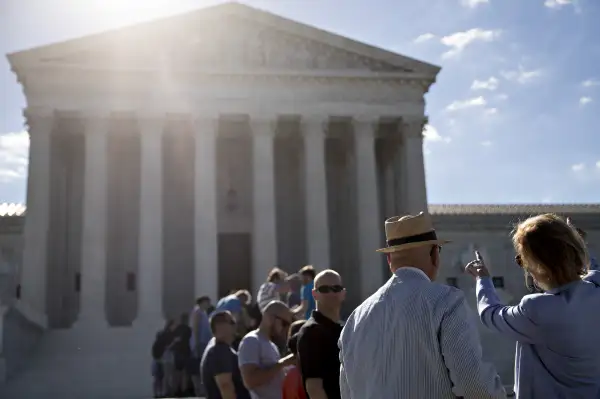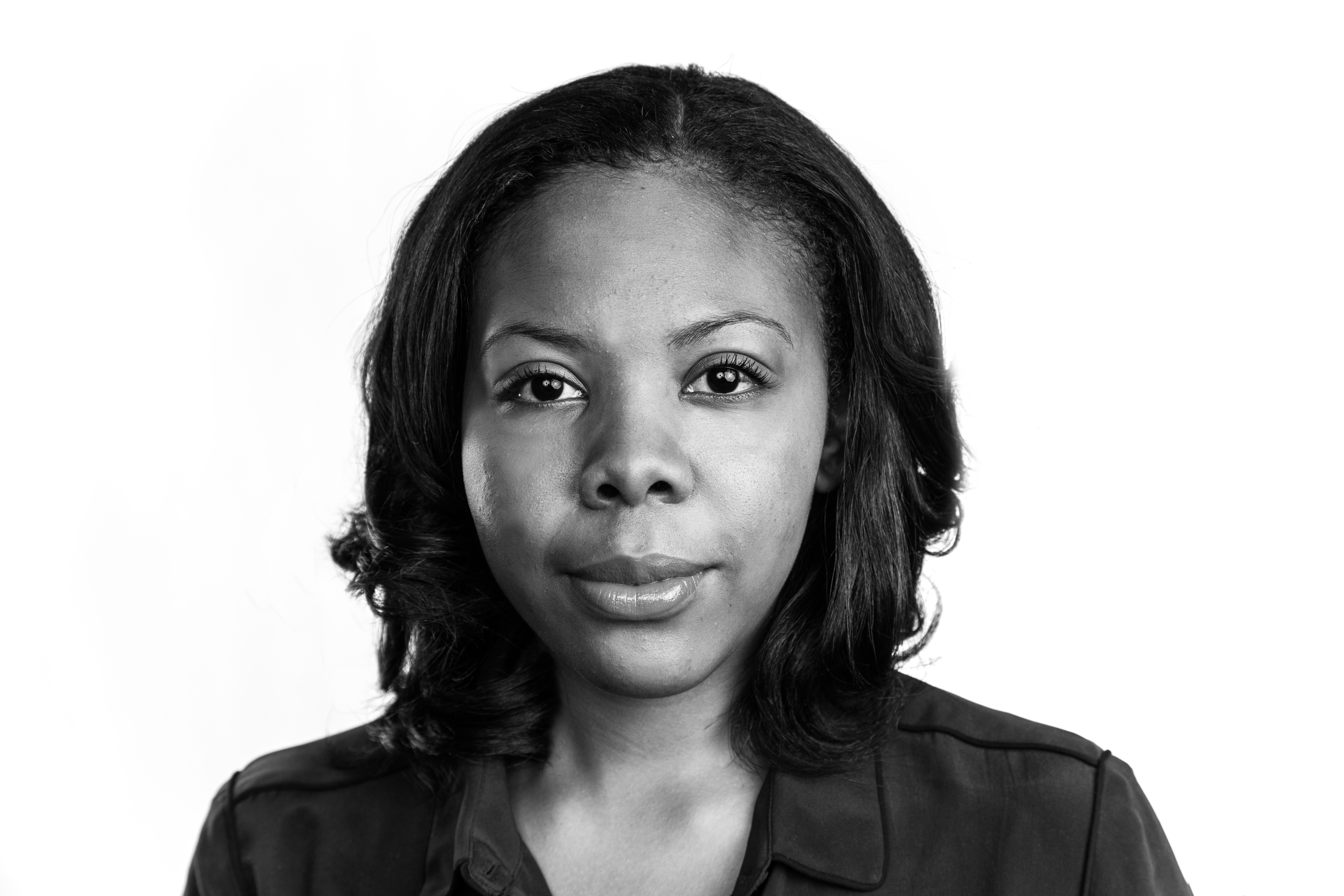What the Supreme Court's Travel Ban Decision Means for Travelers

The U.S. Supreme Court handed President Trump's controversial travel ban a temporary win on Monday, allowing parts of the executive order to go into effect starting June 29. The court will hear oral arguments on the ban during its October session.
The decision came after months of the order being stalled in federal courts, with lawsuit after lawsuit claiming it discriminates against Muslims. The President was quick to declare victory, issuing a statement saying the Court's ruling will allow him to protect the nation's security, which the government has argued is the order's true intent.
"My number one responsibility as Commander in Chief is to keep the American people safe," Trump's statement reads. " Today's ruling allows me to use an important tool for protecting our Nation's homeland."
Beyond giving Trump a victory, the Supreme Court decision will have a real impact on who can travel to the U.S. from six majority-Muslim countries.
While the executive order banned all travel from Iran, Libya, Somalia, Sudan, Yemen, and Syria the Court ruled that citizens from those countries "who have a credible claim of a bona fide relationship with a person or entity in the United States" will be allowed to enter the country. That means students and lecturers coming to the U.S. for their studies, workers employed by American companies, and people coming to visit family will not be impacted by the executive order.
All other tourists will not be permitted to travel to the United States while the Trump Administration conducts a 90-day review of the visa process and considers the amount of information countries are able to provide about travelers coming to the U.S. The Court also made clear that it's not okay for companies to randomly develop relationships with persons in the six countries who hope to enter the U.S. "A nonprofit group devoted to immigration issues may not contact foreign nationals from the designated countries, add them to client lists, and then secure their entry by claiming injury from their exclusion," the Court decision reads.
Refugees with relationships with people and organizations in the U.S. are also free to travel to the country, despite the 120-day ban on refugee resettlement that will be going into effect under the executive order. The 50,000 cap on refugee resettlement also does not apply to those who have connections to the U.S. "But when it comes to refugees who lack any such connection to the United States, for the reasons we have set out, the balance tips in favor of the Government’s compelling need to provide for the Nation’s security," the Court ruled.
Cornell University Law professor Stephen Yale-Loehr said while the order is a win for the Administration, it has the potential to sow confusion as its being implemented given the caveat for individuals with U.S. ties.
"How individuals will prove such a relationship, and whether the burden of proof will be on the government or the individuals seeking entry, remains to be seen," he said. "I predict chaos at the border and new lawsuits as foreign nationals and refugees argue that they are entitled to enter the United States.”
Immigration advocates, many of whom had backed the challenges to the ban in the courts, were frustrated by the order.
"The Supreme Court’s decision to allow some of the Muslim ban to go into effect undermines the values we hold so dear as a nation," the legal director of the National Immigration Law Center said in a statement. "Our fight continues now at the High Court, and our fight continues in the streets, in the airports, and at our nation’s capitol. Given the number of lives at stake, we urge the Court to hear the case quickly."
